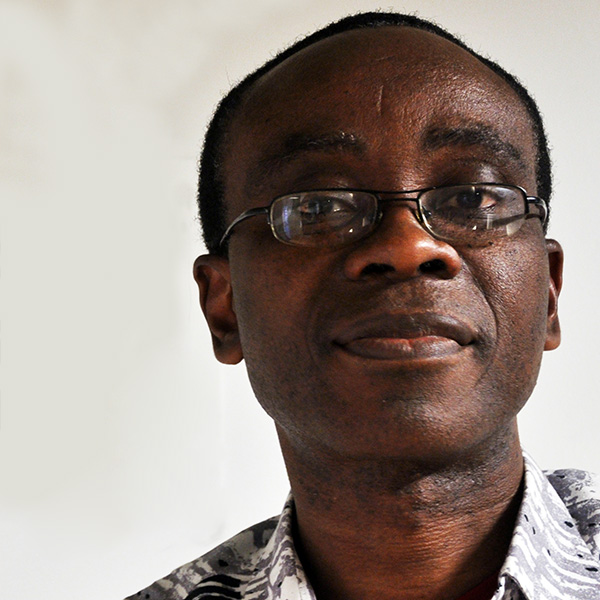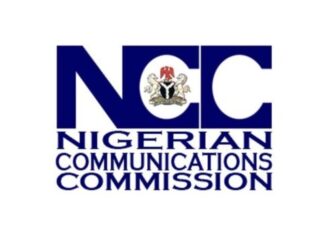By Valentine Amanze, Online Editor
The African Peoples Tribunal (APT) has called for immediate and adequate compensation for African communities, that lost their land and lives through aggressive grabbing and deforestation for expansion of industrial agro-commodity plantations.
The tribunal gave the verdict at the weekend after finding 10 international corporations guilty of land grabbing and exploitation in 10 African countries in all the cases brought before it in Lagos, Nigeria.
The 10 international compaies include:
1. SOCAPALM (Cameroon): CED/FoE Cameroon
2. SIAT (Cote D’Ivoire):
3. GOPDC – SIAT (Ghana): FoE Ghana/JVE Ghana
4. OLAM (Gabon)
5. SOCFIN (Sierra Leone): SiLNOF/MALOA
6. Golden Veroleum Limited, GVL (Liberia): SDI/FoE Liberia
7. Green Resources (Mozambique): JA/FoE Mozambique
8. Okomu Oil Palm PLC, PZ Wilmar (ERA/FoE Nigeria)
9. Green Resources (LEAT/FoE Tanzania)
10. Wilmar, Green Resources (NAPE/FoE Uganda).
The cases were presented through written and oral submissions by representatives of affected communities and their ally organizations. Some of these representatives were physically present in Lagos while others joined remotely via zoom.
The event, organized by Friends of the Earth Africa through its Forest & Biodiversity Programme, among others, condemned human rights violations and environmental degradation connected with the monoculture tree plantation expansion from many African countries.
The forum, anchored by Dr. Nnimmo Bassey, the director of Health of Mother Earth Foundation (HOMEF), Nigeria, also urged the foreign firms to restore the lands forcefully acquired back to the rightful owners – the communities.
The tribunal also called on governments to protect citizens and persons within their own jurisdictions, especially of those that brought their cases to the tribunal.
The APT lamented the connivance of states to deprive citizens and communities of their lands and forests, stressing that it was objectionable and unacceptable.
Besides, it advised governments in the relevant countries to immediately
ensure that communities have unfettered access to their lands and abolish the requirement of passes or visas as a requirement for entry into their territories and communities.
It also pleaded with the governments to ensure the communities have access to potable water and protect their right to water.
It however appealed to governments to abolish the use of harmful chemicals in forests, plantations and community lands, reaffirming that the states were primailry responsible for ensuring environmental protection and defending the human, environmental and other rights of the people.
It urged the governments to uphold and protect the dignity of communities and adequately sanction corporations that violate human rights or destroy the environmentin their territories.
It advised the governments to reject any new bilateral or multilateral investment or free trade agreement proposed without regard for human rights norms, and halt existing agreements of this kind where they exist.
The APT called on international organisations, including financial institutions, to stop supporting or funding activities that oppress communities and abuse their rights.
At the tribunal, cases were entertained from Nigeria, Sierra Leone, Cameroon, Tanzania, Uganda, Ivory Coast, Ghana, Gabon, Liberia, Cameroon and Mozambique.
The jurors include
1- Ms. Ikal Angelei (F)–Kenya
Ikal Angelei holds a master’s degree in Public Policy from the University of New York at Stony Brook. She is the Executive director of Friends of Lake Turkana. She won the 2012 Goldman Environmental Prize for Africa and is the first person from East Africa to ever be honored for dam fighting. She is at the fore of the campaign against injustices meted out on the inhabitants of Lake Turkana whose livelihoods and environment have been destroyed. The campaign did not seek to totally disregard the idea of dams producing hydroelectric power, but to encourage pursuit of alternative forms of energy development that avoided unacceptable tradeoffs which would jeopardize indigenous economies and destroy the eco-system.
2- Dr. Nnimmo Bassey (M) – Nigeria
Nnimmo Bassey is a Nigerian architect, environmentalist, activist, author, and poet, who chaired Friends of the Earth International from 2008 through 2012. Bassey was the pioneer Executive Director of Environmental Rights Action/Friends of the Earth Nigeria where he currently serves as the Board Chair. He was one of Time Magazine’s Heroes of the Environment in 2009. In 2010, he was named co-winner of the Right Livelihood Award and in 2012 received the Rafto Prize. He currently serves on the Advisory Board and is Director of the Health of Mother Earth Foundation, an environmental think tank and advocacy organization based in Nigeria.
Bassey’s advocacy activities dates to the 1980s when he served on the Board of Directors of Nigeria’s Civil Liberties Organization. In 1993, he co-founded Environmental Rights Action (Friends of the Earth Nigeria) to advocate, educate and organize around environmental human rights issues. Since 1996, Bassey and Environmental Rights Action led Oilwatch Africa and, beginning in 2006, he led Oilwatch International, striving to mobilize communities against the expansion of fossil fuels extraction.
3- Prof. Alfred Apau Oteng-Yeboah – Ghana (M)
Alfred Apau Oteng-Yeboah is a Professor of Botany at the University of Ghana. He holds a BSc. (Ghana) and a PhD. He has published extensively in reputable scientific journals in plant systematics, ecology, biodiversity, and traditional knowledge. He was the Deputy Director-General of the Council for Scientific and Industrial Research (CSIR-Ghana) and has served as board/council member of a number of Ghanaian public institutions, including the Environmental Protection Agency (EPA), the Government of Ghana Scholarship Review Committee, the University of Ghana College of Health Sciences and the Centre for Scientific Research into Plant Medicine, the Ghana National Commission for UNESCO.
4- Ms. Makoma Lekalakala (F) – South Africa Makalakala is a South African activist and Executive Director of Earthlife Africa based in South Africa. Makoma has long been active in social movements tackling issues from gender and women’s rights, social, economic, and environmental justice issues. In recent years, Makoma has focused on targeting environmental corruption. Makoma was awarded the 2018 Goldman environmental prize for the African region for her work in using the courts to stop a Russian-South African nuclear deal in 2017.













